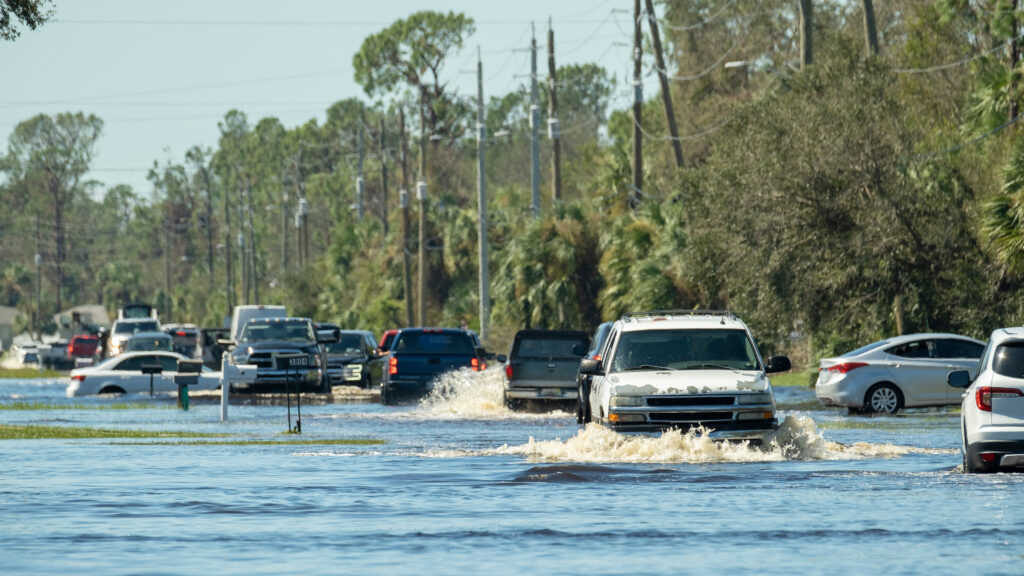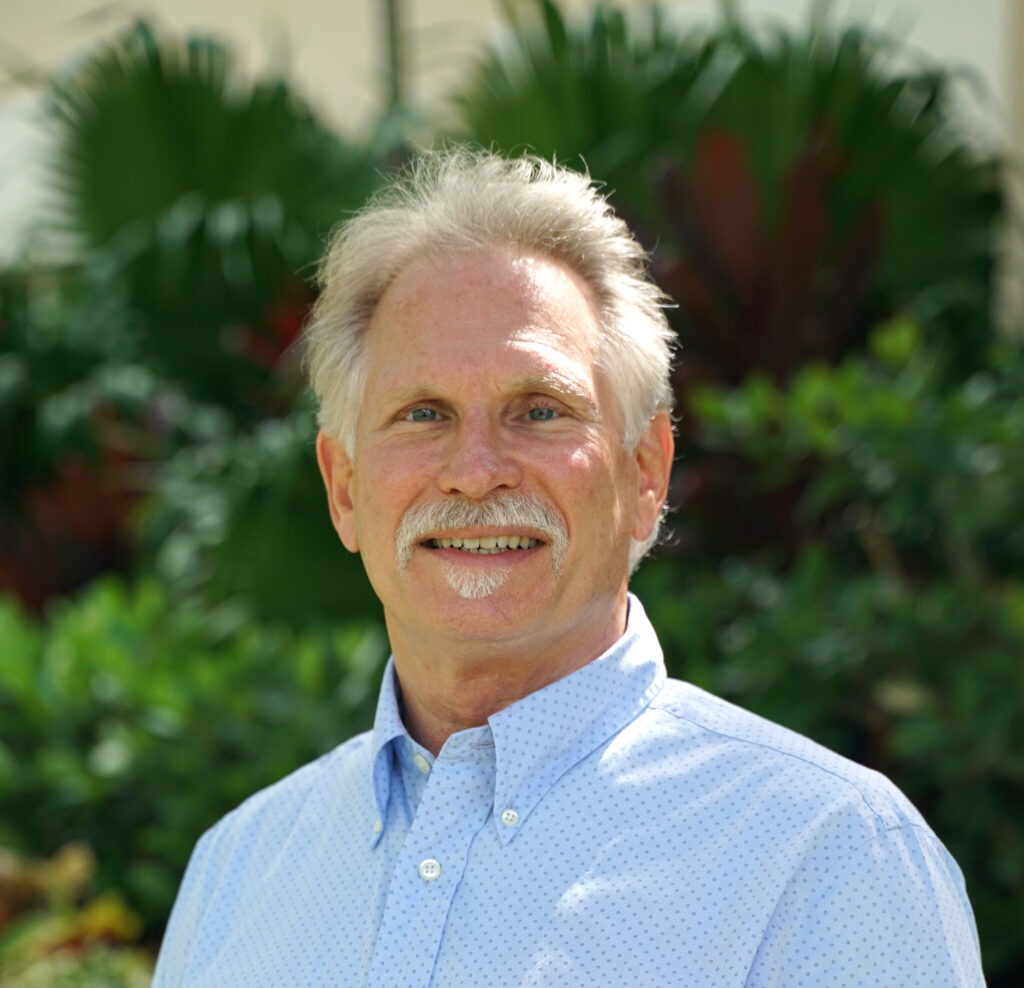By Kent Edwards, Delray Beach Office of Sustainability and Resilience
Science has uncovered a fraction of the earth’s secrets, but it’s clear that the conditions we are experiencing now have not always been the case.
Without fully understanding all the complexities of earth science, common sense tells us that something causes changes to occur, and changes in the climate of the whole planet are something of importance. We are all experiencing the hottest summers ever recorded, the warmest winters ever recorded, sea levels steadily rising and many other indicators that signal the climate is changing.
I have lived in Florida doing work in the environmental field for more than 35 years. Most of this time was associated with monitoring the environment or managing the impacts that man makes to the environment. I have seen many instances where man has caused major impacts on natural environmental systems, and too often the people that paid the cost of those impacts were not those that profited from them.
Looking back at the causes of these situations, a different outcome could have occurred if people understood what was happening, especially if all the costs and effects were clear. Humans have the capacity to change the world, and the release of greenhouse gases has changed the atmosphere to a point where we should be aware of the consequences, for our own benefit.

Increased heat will make work more difficult, even hazardous, for people working outdoors. Blue-collar workers that are the backbone of many industries in Florida will experience this hardship most.
With more rain and warmer conditions, more mold will grow and more pollen will be released, affecting those that have allergies. More intense rainfall events will cause localized flooding, making it more difficult to get to work or school at times.
Sea-level rise increases saltwater intrusion in the surficial aquifer, especially locations close to the coast. Saltier drinking water wells require more expensive treatment, increasing prices which will be especially burdensome for people with lower income.
A warmer climate will also drive up electrical usage as air conditioners run more often through the day, and more days of the year. The list goes on — many people are feeling the impact of climate change on their everyday lives, and many more will.
Everything that we throw out, or use without purpose or benefit, is wasted money. This waste required resources, materials, water, electricity … If we look at our consumption in this way, there are things that we can do every day, that save us money and reduce waste.
Turn up the normal thermostat setting on South Florida buildings 3 degrees Fahrenheit and program the thermostat setting to increase even one degree more when the building is not inhabited. Buy and prepare food in a way that reduces the amount that’s wasted. Ensure that the sprinkler system doesn’t run when it’s raining, just rained, or about to rain.
These and a hundred more simple things will save a small but noticeable amount of money, and reducing waste also reduces greenhouse gas emissions.

Our own individual actions, by being more mindful of our consumption, will make a difference but more is needed from large generators of greenhouse gases. This is more difficult, to put it mildly. It requires business decisions and governmental policies that are not only practical in the near term, but that also effectively reduce emissions.
This is why it is so important that we be informed, and critically consider the sources of information we believe. Well-intended solutions that do not work lead to the same result as denying that climate change is real.
It’s ironic: A century or so ago the change to widespread use of fossil fuels was instrumental in making America what it is today. Now, there are many opportunities for benefit from the development of clean energy technologies and more sustainable use of resources.
I still believe we can address climate change, but we need to take steps now. If we can embrace change like prior generations did, then we can pass on great opportunity to the next generation.
Kent Edwards lives in Delray Beach and works as the city’s sustainability officer. He has lived and worked in Florida for more than 35 years. He earned master’s degrees in biology and public health from the University of South Florida, and has worked all over the state in environmental regulatory, management and public health positions.
If you are interested in submitting an opinion piece to The Invading Sea, email Editor Nathan Crabbe at ncrabbe@fau.edu. Sign up for The Invading Sea newsletter by visiting here.



